1. Diversity, Equity, and Inclusion (DEI) → “Culture” or “Belonging”
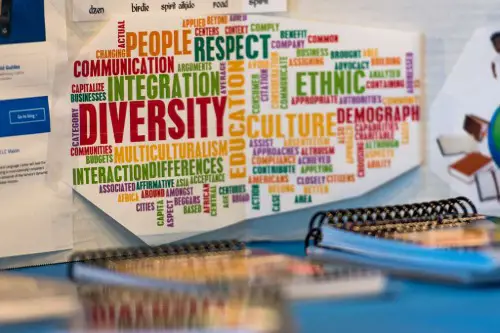
Once a corporate staple, DEI has become politically charged—especially after federal rollbacks and executive orders targeting its use2. Companies now rebrand these efforts as “culture,” “employee engagement,” or “inclusive experiences” to avoid scrutiny while maintaining internal goals. Titles like “Chief Diversity Officer” are quietly replaced with “VP of People” or “Head of Culture.” The work continues—but the language softens.
This shift lets companies sidestep controversy while still promoting fairness and representation. It’s not a retreat—it’s a camouflage. And yes, the acronym may be gone, but the mission often remains. Just don’t call it DEI.
2. Affirmative Action → “Opportunity Initiatives”

After the Supreme Court’s 2023 decision against race-based college admissions, affirmative action became a lightning rod. In response, companies and schools now use terms like “opportunity hiring” or “inclusive access” to describe similar goals. The focus shifts from race to socioeconomic status or geographic diversity. It’s the same intent—just reframed.
This rebranding helps institutions avoid legal challenges while still broadening access. The language is neutral, but the impact is strategic. And the word “equity”? Often replaced with “growth” or “potential.”
3. Gun Control → “Gun Safety”

Advocates no longer say “gun control”—they say “gun safety” or “responsible ownership.” The shift avoids triggering Second Amendment debates while focusing on practical measures like background checks and safe storage. It’s a rhetorical pivot that invites less resistance. And it’s used by both politicians and nonprofits.
The goal is the same: fewer tragedies, smarter laws. But the branding is softer, more palatable. Because in America, even safety needs a rebrand.
4. Climate Change → “Resilience” or “Sustainability”
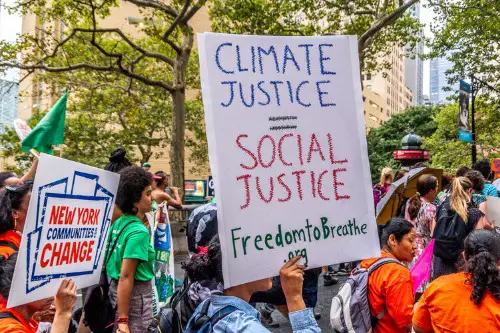
“Climate change” has become a partisan flashpoint, so cities and companies now talk about “resilience,” “sustainability,” or “clean energy.” These terms emphasize preparedness and innovation rather than crisis. It’s a way to build support without sparking denial or backlash. And it’s increasingly common in corporate ESG reports.
The science hasn’t changed—but the messaging has. It’s about framing the future as opportunity, not alarm. And yes, the planet still needs saving—just with better PR.
5. LGBTQ+ Inclusion → “Employee Resource Groups”
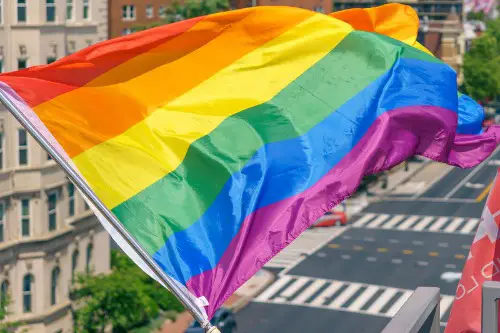
Instead of explicitly promoting LGBTQ+ rights, many companies now support “employee resource groups” or “inclusive workplace initiatives.” These programs offer support and visibility—but avoid politically loaded language. Some firms even drop out of public rankings to avoid backlash. The work continues, but the spotlight dims.
It’s a strategic retreat from visibility to sustainability. The goal is still inclusion—but the branding is quieter. And the rainbow? Sometimes swapped for “everyone belongs.”
6. Reproductive Rights → “Women’s Health Access”
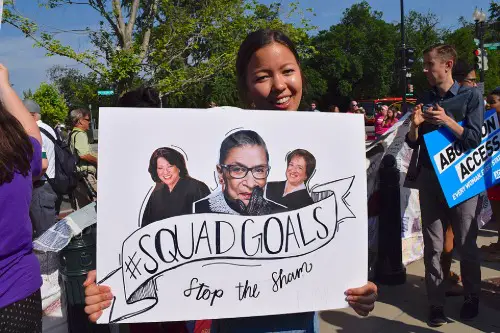
After the fall of Roe v. Wade, reproductive rights became a legal and political minefield. Advocacy groups now use terms like “women’s health access” or “reproductive care” to broaden the conversation. It’s a way to include contraception, prenatal care, and maternal health without triggering abortion debates. The language is inclusive—and intentional.
This shift helps protect funding and support in hostile environments. It’s not about hiding—it’s about surviving. And the message? Still urgent.
7. Police Reform → “Public Safety Innovation”
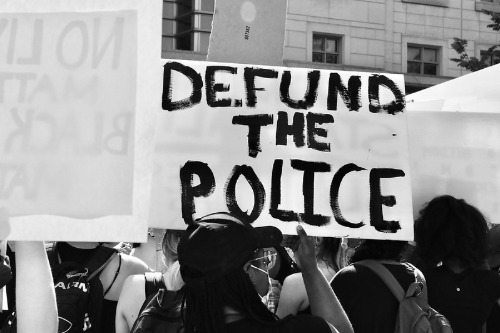
Calls for “defunding the police” sparked intense backlash, so reform advocates now talk about “public safety innovation” or “community-based solutions.” The focus shifts to mental health responders, violence prevention, and accountability. It’s reform without revolution. And it’s gaining traction in city budgets.
The rebrand invites collaboration instead of confrontation. It’s still about change—but with a different tone. And the word “police”? Often replaced with “safety.”
8. Critical Race Theory → “Inclusive Curriculum”
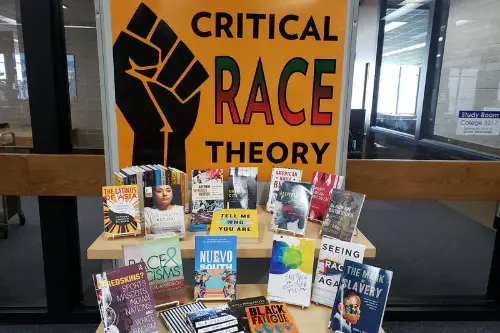
Schools facing bans on critical race theory now use terms like “inclusive curriculum” or “culturally responsive teaching.” The goal is to teach history and identity without triggering political alarms. Lesson plans are adjusted, and language is softened. But the content often remains.
It’s a balancing act between truth and tolerance. Educators walk a fine line—and rebranding helps them stay on it. The theory may be gone—but the questions remain.
9. ESG (Environmental, Social, Governance) → “Responsible Business”

ESG investing has faced political pushback, especially from conservative lawmakers. Companies now use terms like “responsible business,” “corporate citizenship,” or “sustainable growth.” The metrics stay—but the acronym fades. It’s risk management with a new name.
This shift protects investor confidence while dodging controversy. The goals are long-term—but the branding is short-term savvy. And yes, the “E” still matters—just quietly.
10. Immigration Reform → “Workforce Development”
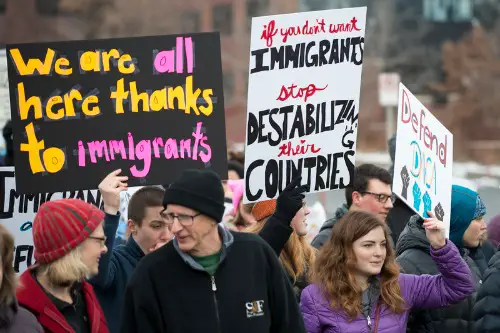
Instead of pushing for immigration reform, many businesses now advocate for “workforce development” or “talent pipelines.” The focus is on filling jobs, not changing laws. It’s a way to support immigrant labor without entering political crossfire. And it’s common in agriculture, tech, and healthcare.
The rebrand reframes immigration as economic necessity. It’s not about borders—it’s about business. And the message? “We need workers.”
11. Gun Violence Research → “Public Health Study”

Federal restrictions on gun violence research led scientists to reframe their work as “public health studies.” The focus shifts to trauma, ER visits, and community impact. It’s a way to gather data without triggering political resistance. And it’s helped revive funding.
This rebrand lets researchers study the issue without naming it. The bullets are real—but the language is careful. And the findings? Still urgent.
12. Social Justice → “Community Engagement”

Nonprofits and corporations now use “community engagement” or “impact work” instead of “social justice.” The term “justice” has become politicized, so the focus shifts to volunteering, grants, and local partnerships. It’s still about equity—but framed as service. And it’s easier to fund.
This shift helps organizations stay mission-driven without becoming lightning rods. The work is the same—but the words are safer. And the impact? Still powerful.
This post 12 Things That Are Quietly Rebranded in America to Avoid Political Debate was first published on American Charm.


